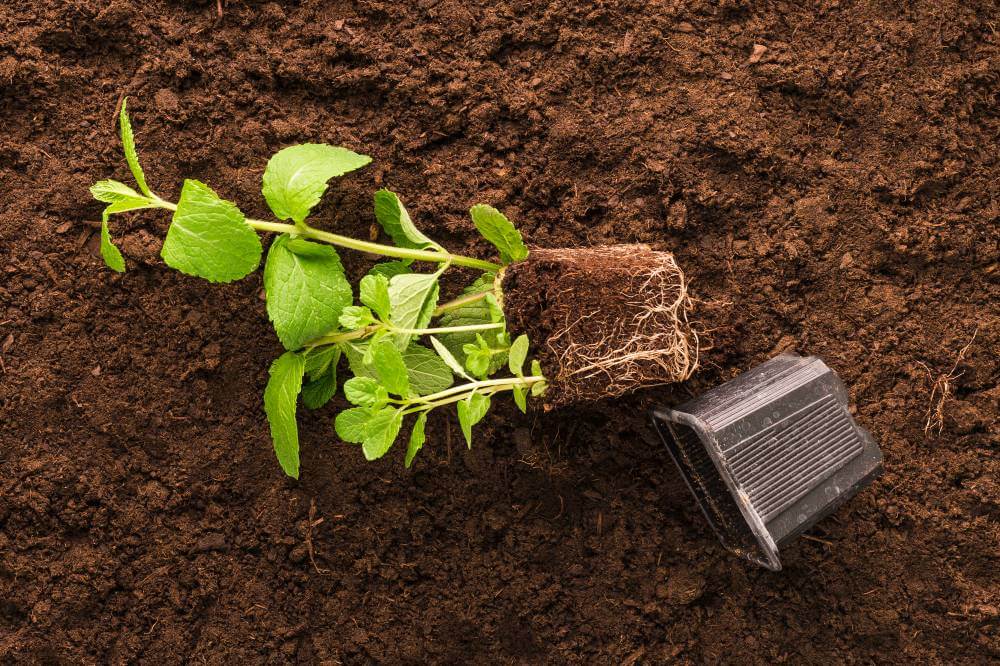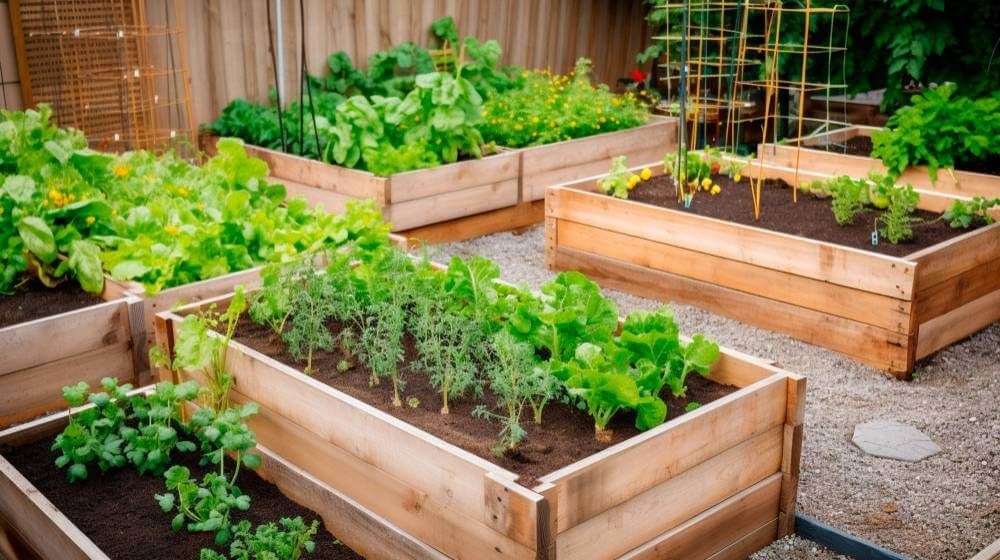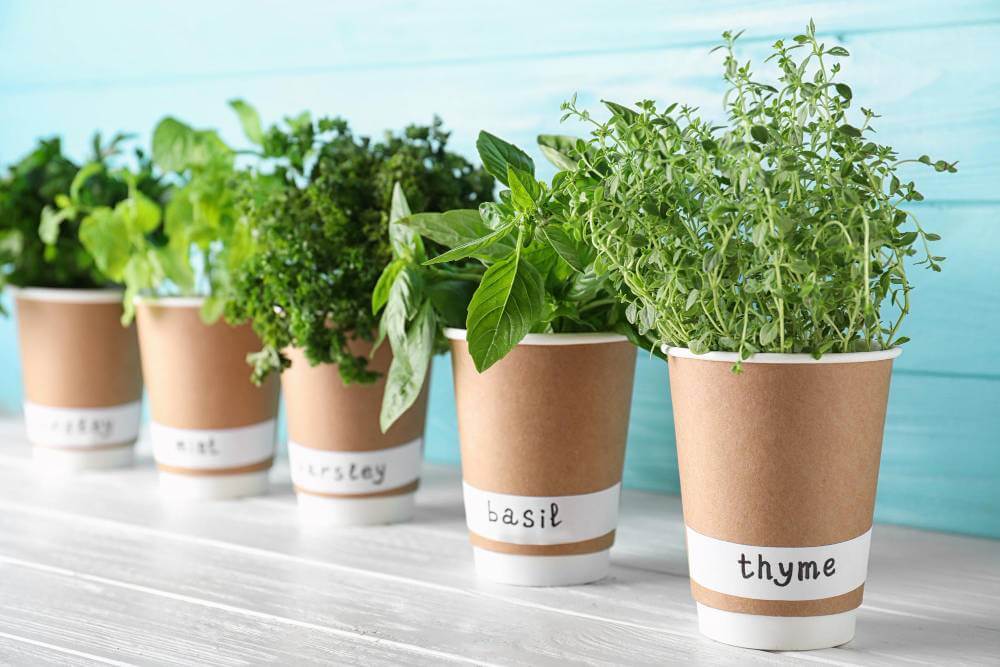Hey, fellow night owls and restless sleepers! Are you tired of counting sheep and ready to grow your way to better sleep? If so, you’ve stumbled upon the perfect post. Today, we’re digging deep into the best herbs you can plant in your garden to help kiss those sleepless nights goodbye. Let’s explore how you can cultivate a tranquil oasis right in your backyard and say goodbye to those restless nights with some top-notch herbs known for their snooze-inducing powers.
Why Opt for Herbal Solutions for Sleep?
Before we jump into our green goodies, let’s chat a bit about why herbs are a fantastic natural remedy for sleep troubles. Not only are they easy on the eyes and nose, but many herbs have been used for centuries to promote relaxation and improve sleep quality. They work through a variety of mechanisms: some directly relax muscles, others calm the mind, and some even help regulate sleep cycles.
These natural wonders also come packed with a host of other health benefits – from reducing stress to boosting your immune system.
The Dream Team: Best Herbs for a Good Night’s Sleep
Lavender: The Dream Inducer
First up on our sleep-inducing garden tour is lavender. This purple wonder is not just for making your drawers smell nice. Lavender is a powerhouse when it comes to promoting relaxation and is well-known for its ability to improve sleep quality. Beyond its sleep-promoting properties, lavender is renowned for its ability to reduce anxiety and stress levels. It can also alleviate mild pain, making it a great all-rounder for those looking to improve overall health.
Lavender is a sun lover and thrives in well-draining soil. It’s drought-tolerant once established, making it a low-maintenance choice for gardeners of all levels.
You can use lavender in dried sachets placed under your pillow or as an essential oil applied to the temples. Its soothing aroma has been shown to decrease heart rate and blood pressure, potentially putting you in a more relaxed state before bed.
Chamomile: The Gentle Sleeper’s Choice
Next, we have chamomile, famous for its gentle, soothing properties. If tea is your bedtime ritual, then growing this herb might just be your sleep savior. Chamomile is not just for sleep; it’s also fantastic for soothing digestive issues and promoting skin health thanks to its anti-inflammatory properties.
Chamomile loves light, and a lot of it, so place it where it’ll catch plenty of rays. It prefers well-drained soil and a bit of space to spread out, as it tends to sprawl. It’s also quite easy to grow from seed, making it a perfect choice for novice gardeners.
Brew a warm cup of chamomile tea about an hour before bed to help calm your nervous system and encourage sleepiness. The act of sipping tea alone can be quite meditative and relaxing, which is a bonus for your bedtime routine.
Valerian: The Heavy Hitter
Valerian, often referred to as “nature’s valium” is a potent herb known for its sedative qualities and its effectiveness in treating insomnia. Valerian is also helpful for reducing anxiety and has historically been used to alleviate headaches and menstrual cramps.
Valerian loves the sun but doesn’t mind a bit of shade. It needs moist, well-drained soil to flourish. Be warned, though -it’s quite a robust grower.
Using valerian root in a tea can help you fall asleep faster and improve the quality of your sleep. However, due to its strong effects, it’s wise to consult with a healthcare provider before adding it to your regimen, especially if you are on other medications.
Lemon Balm: The Stress Reliever
Lemon balm is not only useful for improving sleep but it’s also great for reducing stress and anxiety, which are often the root causes of insomnia. It’s also used for improving cognitive function and easing digestive discomfort.
This herb prefers rich, moist soil and partial shade to full sun, making it versatile for different garden spots.
A tea made from lemon balm leaves before bed can soothe the nervous system and encourage a peaceful night’s sleep. Its mild sedative effects are perfect for those who need a little help unwinding.
Passionflower: The Beauty of Better Sleep
Passionflower is as beautiful as it is functional. This stunning vine is another powerful herb for combating sleep disorders. Apart from its sleep-enhancing capabilities, passionflower is great for soothing stomach ailments and relieving symptoms of menopause, including hot flashes and night sweats.
Passionflower requires full sun or partial shade and a structure to climb on, as it will vine beautifully around trellises or fences.
Drinking tea made from the dried leaves and flowers of passionflower can help treat insomnia related to anxiety. Its calming effects on the central nervous system make it an ideal choice for those who need to chill both body and mind.
Fresh vs. Dried Herbs: Maximizing Potency and Flavor
When it comes to using herbs for sleep, the choice between fresh and dried forms depends on the intensity you desire and the ease of storage. Fresh herbs generally offer a milder flavor and shorter shelf life but can be wonderful in teas for immediate use. Dried herbs, on the other hand, provide a more concentrated flavor and are excellent for long-term storage.
To dry herbs, tie them in small bunches and hang them upside down in a warm, airy place out of direct sunlight. This method helps preserve their essential oils, maximizing their health benefits and aroma. Ensure they are completely dry before storing in airtight containers away from light, which could degrade their quality.
Mixing Your Own Herbal Sleep Remedies
Now that you have a garden full of sleepy herbs, why not mix and match to create your own custom blend? Combining lavender, chamomile, and lemon balm can provide a powerful trio to relax your mind, soothe your stomach, and prepare you for a restful night’s sleep. Experiment with proportions to find what works best for you.
Enhancing Sleep Quality: Practical Tips for Restful Nights
Achieving better sleep isn’t just about what you do right before bedtime; it involves cultivating habits that promote relaxation and wellness throughout your day. Here are some actionable tips that can help you enhance your sleep quality and transform your nights from restless to restorative:
Establish a Consistent Sleep Schedule
Your body thrives on routine. Try to go to bed and wake up at the same time every day, even on weekends. This consistency reinforces your body’s natural sleep-wake cycle, making it easier to fall asleep and wake up naturally.
Create a Bedtime Ritual
Engage in calming activities before bed to signal to your body that it’s time to wind down. This might include reading a book, taking a warm bath infused with your homegrown herbal bath soaks, or practicing gentle yoga or meditation to relax your mind and body.
Optimize Your Sleep Environment
Make your bedroom a sanctuary for sleep. Ensure your room is cool, quiet, and dark. Invest in comfortable bedding, and consider using blackout curtains and white noise machines if light and noise interfere with your sleep.
Watch Your Diet and Exercise
Avoid heavy meals, caffeine, and alcohol close to bedtime, as they can disrupt sleep. Conversely, regular physical activity can help you fall asleep faster and enjoy deeper sleep but try not to exercise too close to bedtime.
Limit Screen Time
The blue light emitted by phones, tablets, computers, and TVs can interfere with your ability to fall asleep. Try to turn off these devices at least an hour before bed to help your body prepare for sleep.
Manage Stress
Chronic stress can have a significant impact on your sleep quality. Consider practices like journaling, mindfulness, or talking to a therapist to manage stress levels effectively.
By incorporating these habits into your daily routine, you can significantly improve the quality of your sleep. Remember, good sleep is a pillar of good health and well-being, so it’s worth investing time and effort into perfecting your sleep habits.
Conclusion: Grow Your Way to Better Sleep
Turning your garden into a source of sleep support not only empowers you to take charge of your bedtime routine but also offers a sustainable, natural way to enhance your sleep quality and improve your overall health. So, plant these sleep-enhancing herbs, brew up some tranquility, and enjoy the restful nights ahead.
Don’t forget to explore other posts on my blog for more tips on using herbs for health and well-being. Whether you’re planting new seeds or steeping tea, remember: every little leaf might just lead to better sleep.
Happy gardening and sweet dreams!







